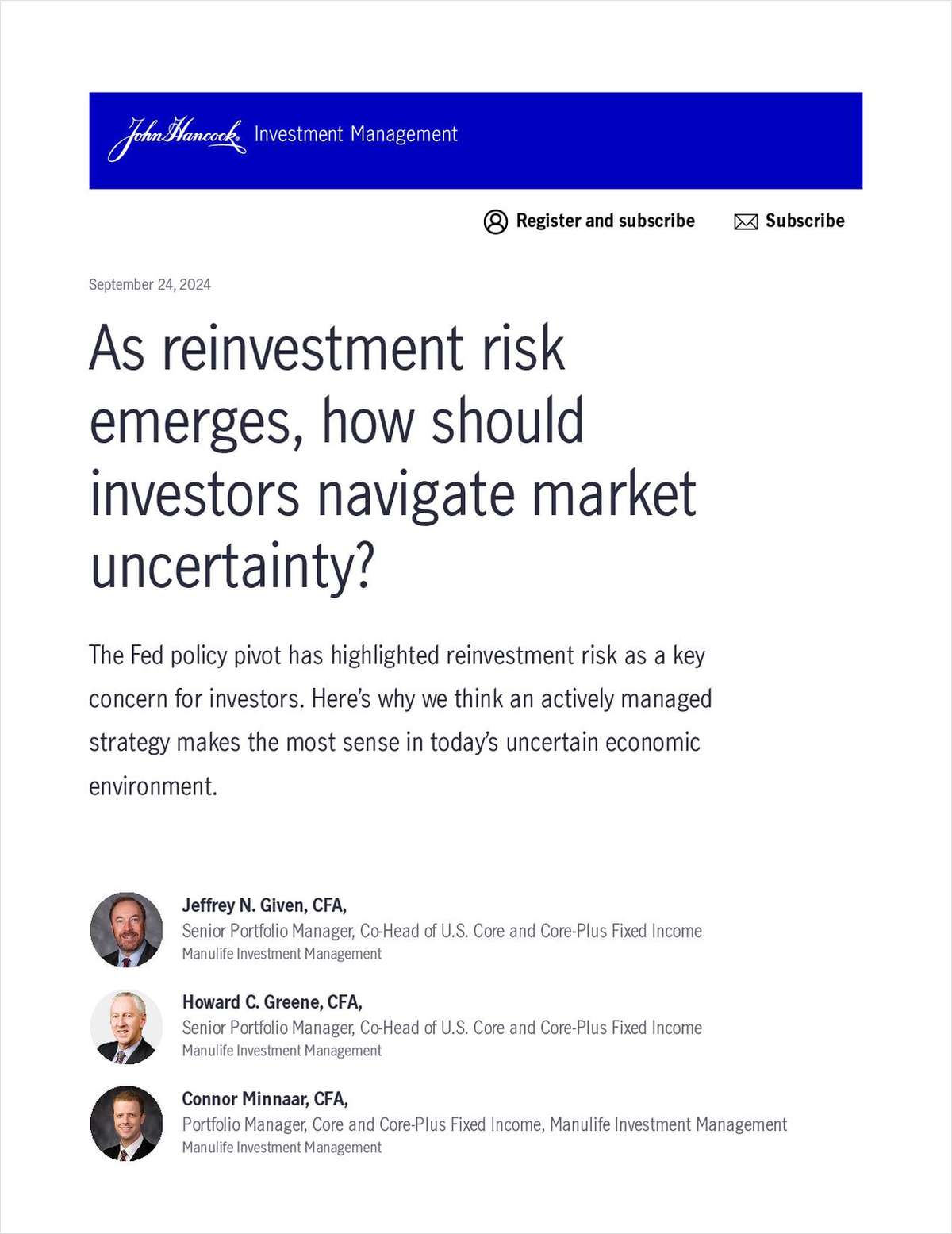I am told time and time again by advisors that they know all about cross-selling. However, what constantly amazes me in my work with advisors is the gap between knowing and doing.
Cross-selling–the marketing to existing clients of products or services that they haven't purchased already from you–sounds simple in theory. In reality, it is hard for us to move outside of our comfort zone.
We've all heard the adage that the longest journey starts with a single step. The first step in your journey in cross-selling starts with clarifying your vision.
What are you trying to achieve? Do you want to double your revenue? Work fewer hours? Only by clarifying your vision can you begin to formulate a strategy for success. And cross-selling is a strategy to achieve success.
Cross-selling is a strategy that will allow you to run a more profitable enterprise. But to be strategic, you have to be proactive. You have to have a process or methodology that is consistent.
Cross-selling works really well when the client actually needs what you are selling! For those in the insurance industry, that means looking for opportunities to sell investments or other insurance-related products, like critical illness or additional investment vehicles. For investment advisors, that means selling insurance products.
According to an independent survey conducted by Axis Consulting, 99% of insurance advisors feel it is critical or important to be able to cross-sell effectively. But only 46% consider themselves successful at cross-selling.
In today's market, that's a serious risk. The general trend with today's insurance practitioners is still specialization, but the days when you could specialize in insurance and grow a profitable business may be passing.
What will happen to you and your business if you don't cross-sell? If you're an insurance professional and you're focusing only on that one aspect of your client's needs, you're leaving yourself open to competition from another advisor who will offer your client a full-service approach.
And we can't be fooled into thinking that nobody can do better than what we do. Many advisors offer one-stop, full-service financial planning and they're doing a great job of it.
They know that to compete and remain profitable, they need to move from a transaction-oriented practice and begin capturing a greater share of their client's wallet. They know that success depends on focusing on the lifetime value of a client.
Today, the competition is fiercer from the investment side of the industry. With the stock market retreating in recent years, investment advisors have been forced to rethink their business model. For them, risk products are an attractive alternative to volatile investment products. Furthermore, the margins on their products have eroded, while the margins on risk products are still attractive.
You might be resistant to cross-selling because you believe it will divert your attention from your core business and dilute what you do well. But from the perspective of your clients, cross-selling is a necessity. You need to figure out how to service their needs, in a profitable manner.
The fact is many clients want a single point of contact for their financial services. Unless you stay on top of their needs, you could lose them to competitors or miss the opportunity to get a greater share of their wallets. And in a world in which time is a scarce commodity, saving clients even a few minutes may be the most valuable service an advisor can offer.
Consider these benefits:
o When you cross-sell effectively, your clients will perceive you as their trusted advisor.
o By increasing the breadth and depth of your client relationships, you'll put up a barrier against your competition.
o Cross-selling is the most efficient and cost-effective way to increase productivity.
o Cross-selling allows you to increase the profitability of each client relationship.
o The more products and services your clients have with you, the more likely they are to stay with you.
o Cross-selling discourages a transactional (product push) approach and encourages working for the client's benefit.
The relationship between advisor and client is built on four levels:
(1) Product. When you sell product, the relationship with the client is transactional in nature.
(2) Planning. You work with clients to develop a plan for them.
(3) Implementation. You implement the plan over a five-, 10-, 15-year period or longer.



